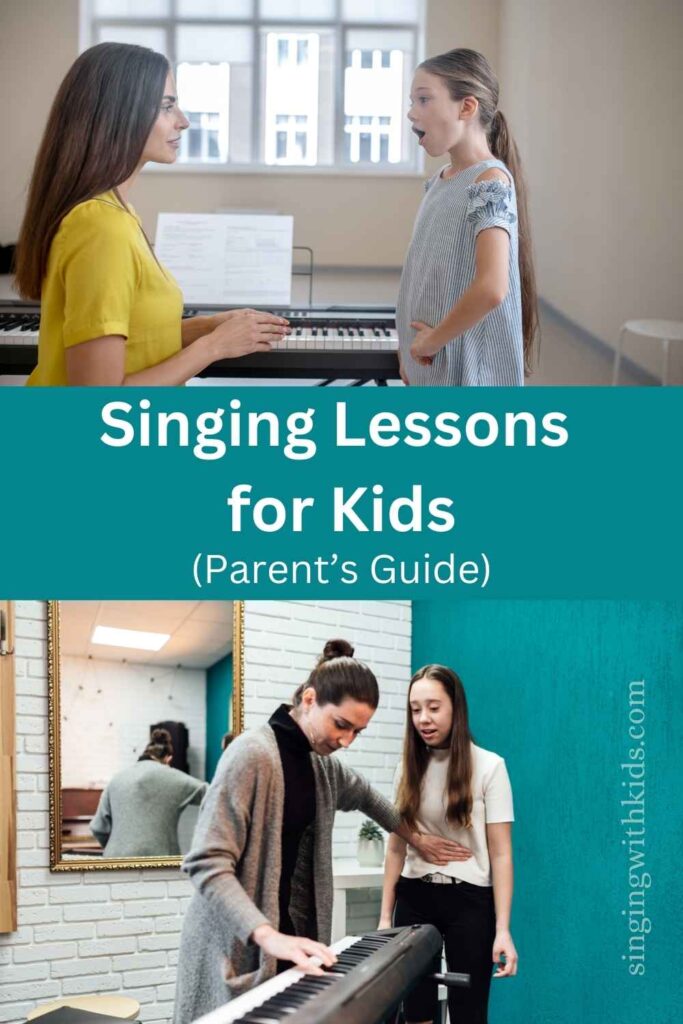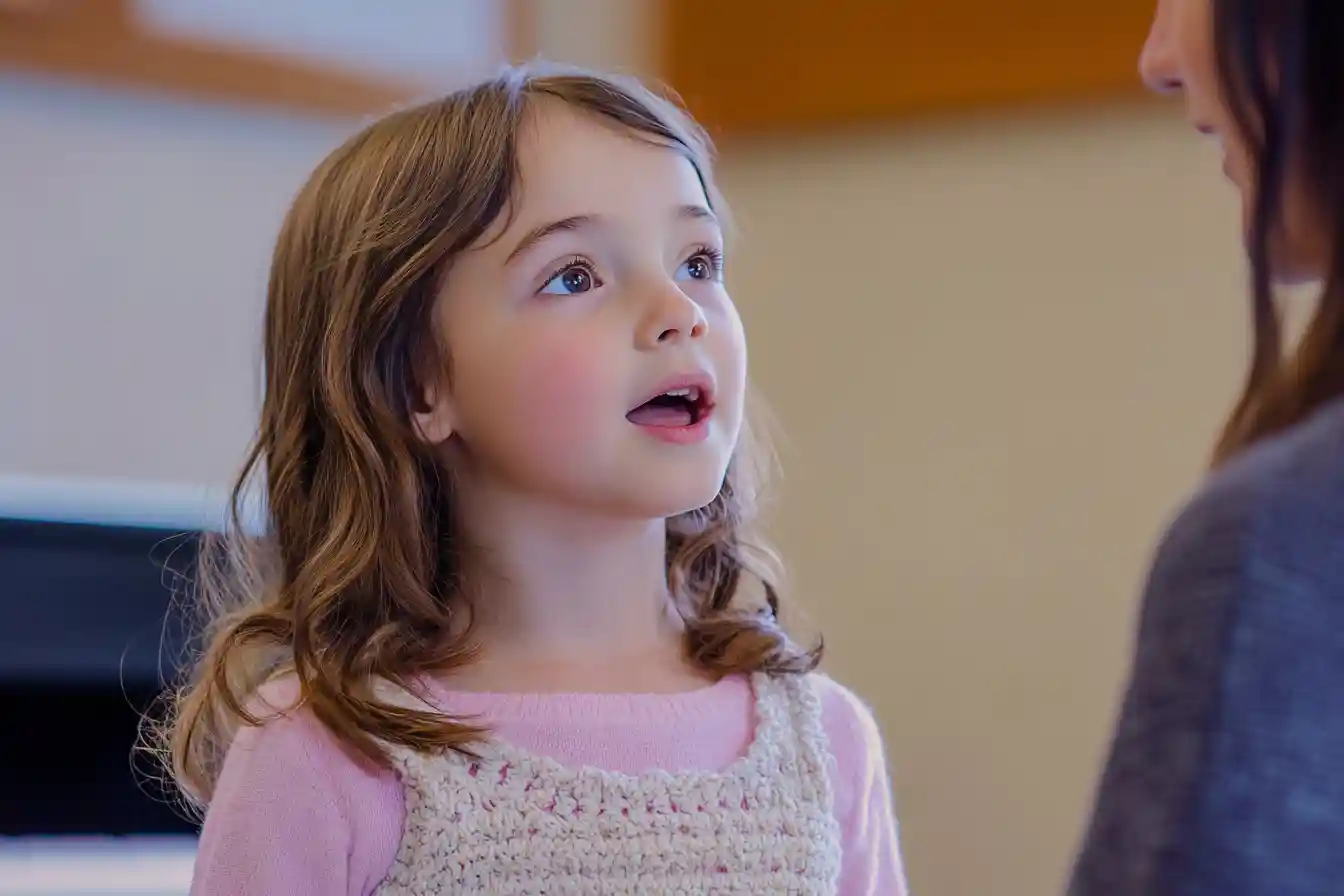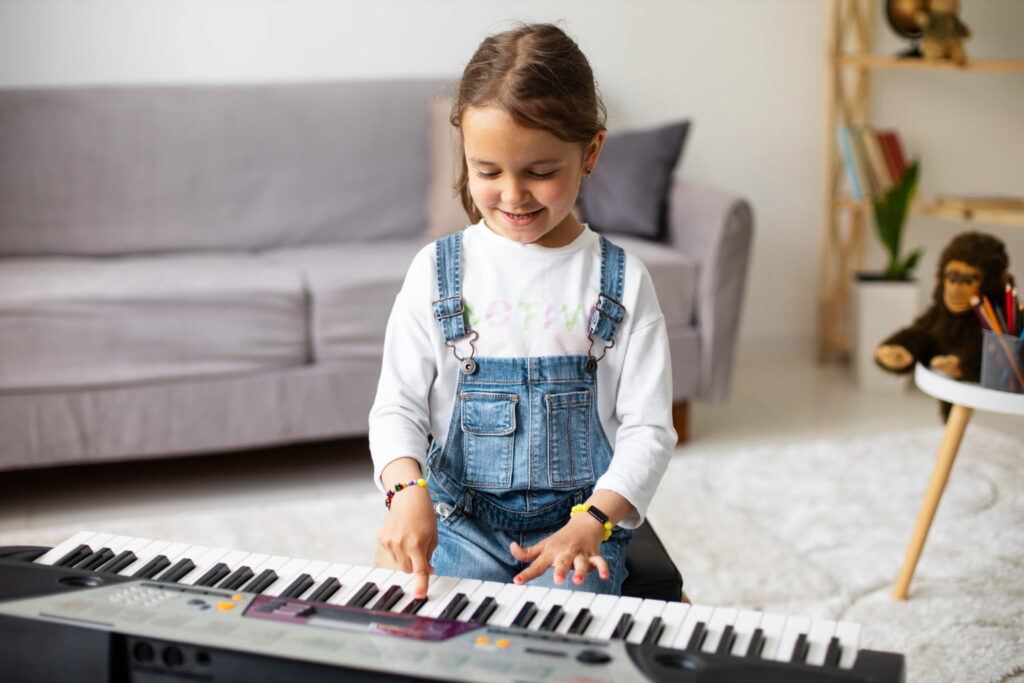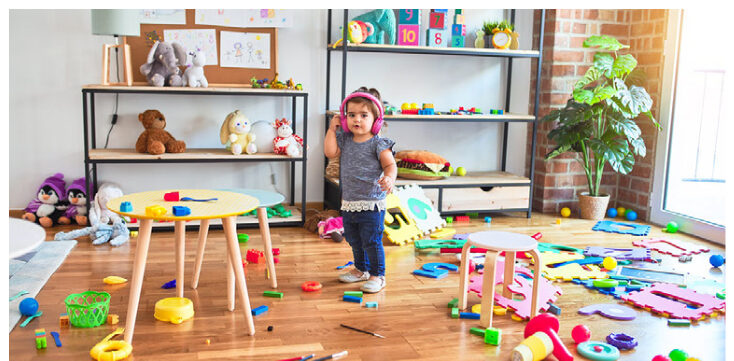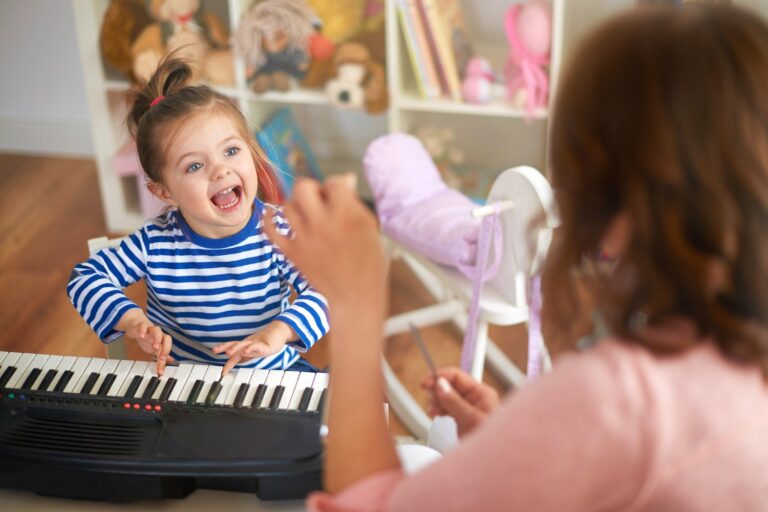Singing Lessons for Kids: A Parent’s Guide to What to Expect and How to Support
Have you ever noticed how a simple melody can light up your kid’s face? That’s the magic of music, and it’s exactly why singing lessons for kids are such a hit. It’s not just about hitting the right notes; it’s about unlocking a world of joy, creativity, and confidence. Music education for children is a game-changer, giving them a stage to express themselves and a chance to shine bright.
But here’s the thing – diving into the world of children’s singing lessons can feel a bit like stepping onto a new planet for parents. What should you expect? How do you know it’s doing wonders for your little star? Don’t worry; we’ve got the scoop to help you navigate this musical journey.
Table of Contents
Understanding the Singing Lessons Process
Ever wondered why finding a singing teacher for kids feels like a mission sometimes? Some experts hesitate to work with the little ones because, let’s face it, getting a kid to focus on the subtle art of vocal training can be challenging. Singing involves a lot of nuances like pitch, rhythm, and breath control that younger minds might find tricky to grasp.
But here’s the kicker – that doesn’t mean your mini Adele or Bruno Mars can’t start their musical voyage early. The key is in the approach. Age-appropriate singing lessons are the golden ticket. They’re not about drilling kids but engaging them, turning lessons into a fun-filled exploration of music. Think less lecture, more adventure.
The best part? These lessons aren’t just about training young voices; they’re about building confidence through singing, teaching kids to love their voice and the unique sound they bring to the world. It’s about helping them find joy in music and, more importantly, in themselves.
So, what’s on the agenda for these lessons? We’re talking about a mix of vocal exercises that feel more like games, understanding music through stories and activities, and learning to express emotion through song. It’s about fostering a love for music and encouraging that natural urge to perform, whether it’s in the shower, in front of a crowd, or anywhere in between.
Finding the right teacher is crucial – someone who gets it, someone who makes music fun and knows how to inspire young singers. It’s not just about vocal training for children; it’s about guiding them through their musical journey with patience, enthusiasm, and a whole lot of high fives.
